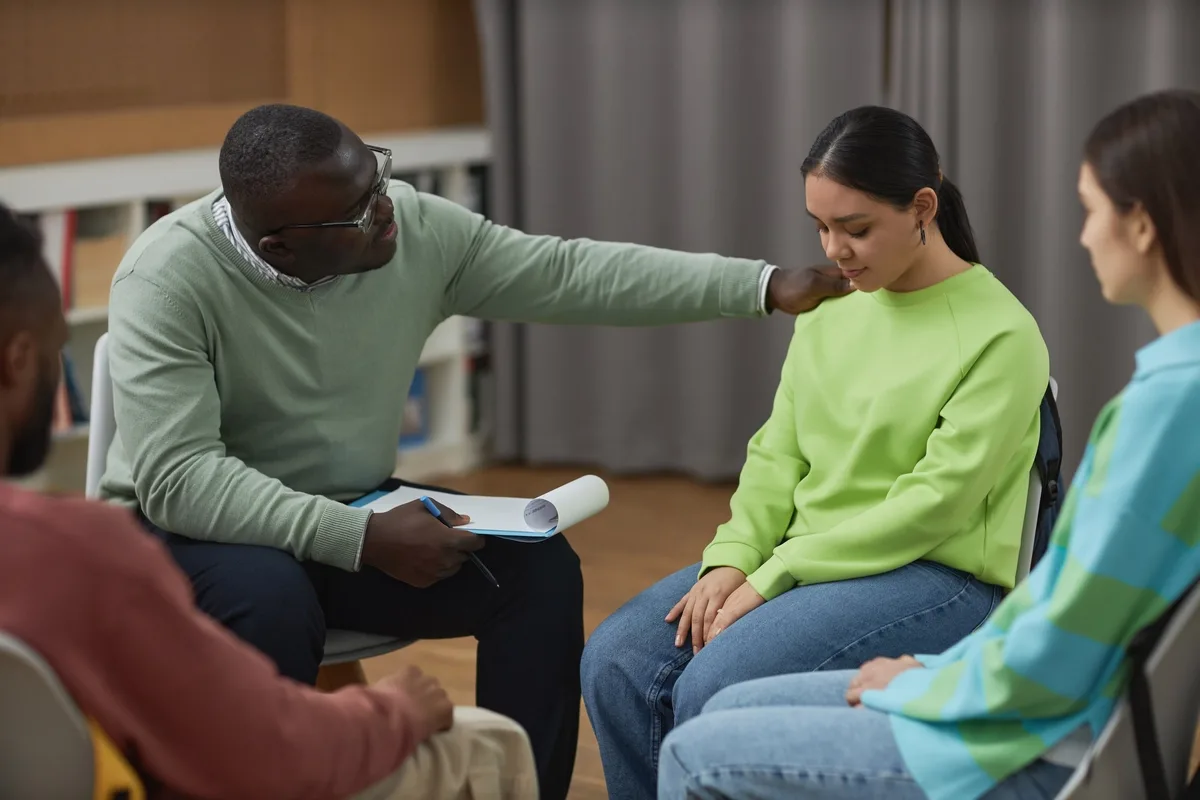24/7 Helpline:
(866) 899-221924/7 Helpline:
(866) 899-2219
Learn more about Dual Diagnosis Rehab centers in Pine Island
Dual Diagnosis Rehab in Other Cities

Other Insurance Options

Health Partners

MHNNet Behavioral Health

Covered California

CareSource

Holman Group

BlueShield

EmblemHealth

Group Health Incorporated

Optum

Magellan Health

Health Choice

Sliding scale payment assistance

Health Net

Kaiser Permanente

Aetna

Magellan

Excellus

Lucent

Carleon

WellCare Health Plans





































































Wenden Recovery Services
Wenden Recovery Services is a private rehab located in Red Wing, Minnesota. Wenden Recovery Services...

Common Ground Treatment
Common Ground Treatment is a private rehab located in Red Wing, Minnesota. Common Ground Treatment s...

Southern Highlands CMHC
Southern Highlands CMHC is a private rehab located in Welch, West Virginia. Southern Highlands CMHC ...

Southern Highlands Community Mental Health Center
Southern Highlands Community Mental Health Center offers regular physician's services, OBMAT, DUI cl...


















































